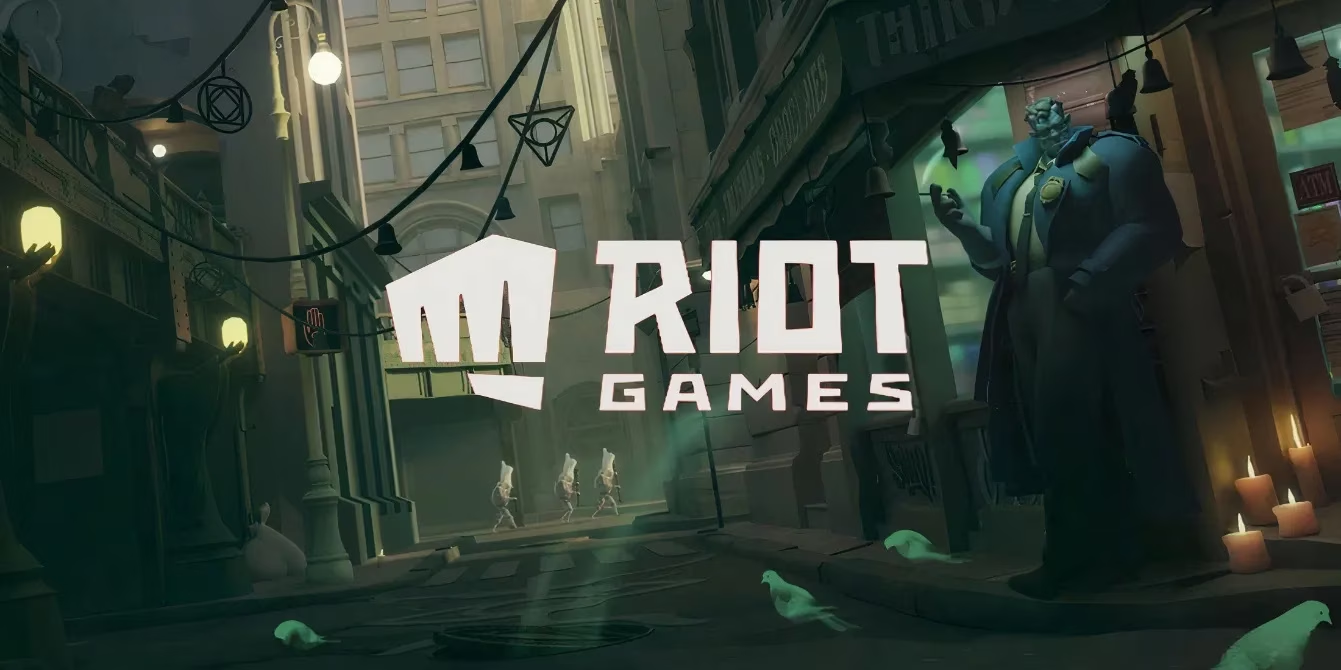Riot Games Debunks Deadlock Rumor While Focusing on 2XKO and MMO
Riot denies developing a $200M Deadlock competitor, focusing instead on Valorant, 2XKO, and an unannounced MMO, showcasing strategic growth over rumors.
A swirling rumor about Riot Games developing a $200 million competitor to Valve's Deadlock recently crashed headfirst into reality. The speculation ignited across gaming forums when an alleged leak suggested Tencent financed Riot to create a rival hero shooter. Yet the source crumbled under scrutiny—a manipulated PC Gamer article with zero credibility. Riot's communication manager Joe Hixson swiftly extinguished the fire with a blunt tweet, calling it "extra fake" and clarifying that Tencent doesn't fund projects so haphazardly. His definitive statement left no room for doubt: "Nothing like Deadlock" exists in Riot's research labs. For a studio already juggling League of Legends and Valorant—both pulling millions of daily players—the denial makes strategic sense. Why chase Valve's genre-blending experiment when Riot's own hits dominate those categories? Instead, their development energy flows toward 2025's fighting game 2XKO and an unannounced League of Legends MMO.

Anatomy of a Rumor
Hixson's dismantling revealed three critical flaws in the viral claim:
-
🕵️♂️ Fabricated Evidence: The "leaked" article never existed on PC Gamer's platform
-
💸 Funding Fallacy: Tencent operates as Riot's parent company, not a whimsical investor tossing bags of cash
-
🔮 Creative Contradiction: Riot's pipeline shows zero overlap with Deadlock's MOBA-shooter hybrid formula
The rumor's timing proved especially curious. Deadlock remains in alpha testing yet consistently draws ~100,000 players daily with its innovative fusion of tactical gunplay and ability-driven team strategy. While studios worldwide likely study its mechanics, Riot clearly sees greater value elsewhere.
Strategic Priorities Take Center Stage
Riot's public projects tell a cohesive story about their 2025 roadmap:
| Project | Genre | Status | Strategic Value |
|---|---|---|---|
| Valorant | Hero Shooter | Live Service | Migrating to Unreal Engine 5 |
| 2XKO | Fighting Game | 2025 Launch | Expanding LoL universe |
| Unannounced MMO | Massively Multiplayer | Early Dev | Long-term ecosystem growth |
This trifecta explains why a Deadlock clone never materialized. Valorant already dominates the hero shooter space, making redundant competition financially irrational. Meanwhile, 2XKO represents Riot's authentic ambition—invading the fighting game arena with polished controls and League's beloved champions. Early player feedback suggests massive potential, especially with EVO 2025 tournaments looming.
Engine upgrades further absorb resources. Valorant's complex transition to Unreal Engine 5 demands hundreds of developer hours, ensuring visual enhancements and next-gen physics. Such technical lifts leave little oxygen for experimental side projects, especially unverified ones.
Genre Expansion Over Imitation
Riot's canceled ventures reveal telling patterns. Past scuttled prototypes included:
-
A League of Legends auto-battler (folded into TFT)
-
A magic-based tactical RPG
-
Several mobile spin-offs
Noticeably absent? MOBA or hero shooter clones. Their development history consistently prioritizes genre diversification rather than saturating existing strengths. The Deadlock rumor ignored this core philosophy—Riot wins by colonizing new territory, not duplicating others' innovations.
Valve's creation uniquely merges two genres Riot already rules. Deadlock combines:
-
MOBA-style hero abilities and lane strategy
-
Hero shooter movement and precision aiming
-
Tower-defense elements
For Riot, this resembles rearranging their own furniture. Why rebuild League's champion mechanics or Valorant's gunplay when fresh frontiers await?
People Also Ask
- Could Riot ever compete with Deadlock?
Absolutely—but not through imitation. Their strength lies in refining genres (see: Valorant improving on CS:GO formulas). Any future shooter would likely introduce revolutionary twists.
- What gives 2XKO competitive advantage?
Leveraging League's iconic roster lowers player acquisition costs while satisfying franchise fans. Early gameplay demos show accessible depth—a Riot specialty.
- How will Valorant benefit from Unreal Engine 5?
Expect enhanced destructibility, photorealistic lighting, and smoother performance across hardware. The upgrade future-proofs their shooter against upcoming rivals.
- Why explore fighting games now?
The genre exploded post-Street Fighter 6, with untapped esports potential. Riot's live-service expertise could redefine competitive fighters.
Forward Momentum in 2025
As Deadlock progresses toward beta, Riot's path remains distinct. Their development rhythm pulses toward 2XKO's imminent release, a project already resonating during preview events. The fighting game's streamlined controls and team-based combos suggest another genre-redefining hit in the making. Meanwhile, the mysterious MMO simmers—a long-term play that could dwarf all current projects.
For players, the clarity proves refreshing. No shadow projects. No redundant clones. Just focused excellence across proven titles and bold new worlds. With Valorant's engine evolution unfolding and 2XKO's launch approaching, Riot's plate overflows with verified excitement.
🚀 Ready for the next evolution? Wishlist 2XKO today and join Valorant's Unreal Engine 5 test servers to experience Riot's real innovations firsthand!
Research highlighted by Polygon underscores how major studios like Riot Games strategically prioritize genre innovation over direct competition, especially when their existing titles already dominate key markets. Polygon's editorial coverage often explores the business rationale behind such decisions, providing context for why Riot would focus on expanding the League of Legends universe and refining Valorant rather than pursuing a Deadlock-style project.
